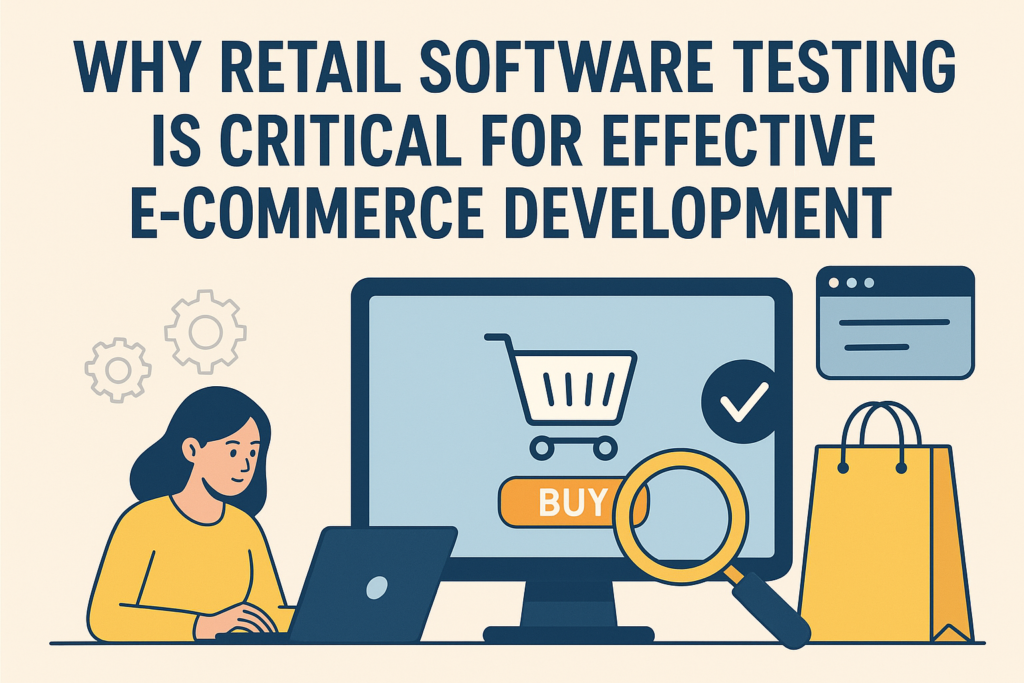Choosing the Right Software Integration Tools for Your Business

Introduction:
In today’s rapidly evolving digital landscape, businesses are increasingly reliant on a myriad of software solutions to streamline their operations and enhance productivity. However, the challenge arises when these disparate systems need to work cohesively. This is where software integration tools come into play, serving as the linchpin that connects various applications, ensuring seamless communication and data flow. In this article, we will explore the key considerations in choosing the right software integration tools for your business, with a focus on the importance of professional software integration services.
Understanding Software Integration:
Software integration refers to the process of combining different software applications to function as a coordinated whole. This integration can take various forms, including data synchronization, process automation, and communication facilitation between systems. The goal is to create a unified ecosystem where information flows seamlessly, eliminating silos and enhancing overall efficiency.
Key Considerations in Choosing Software Integration Tools:
Compatibility:
One of the primary considerations when choosing software integration tools is compatibility with your existing software infrastructure. Before investing in any integration solution, assess whether it supports the applications your business relies on. This ensures a smooth integration process without disruptions to your daily operations.
Scalability:
As your business grows, so do your software needs. Select integration tools that can scale alongside your business. Scalability is crucial to accommodate future expansions and evolving technological requirements. This flexibility ensures that your integration solution remains viable in the long run.
Ease of Use:
User-friendliness is paramount when selecting integration tools. The ideal solution should empower your team to manage and customize integrations without requiring extensive coding skills. Intuitive interfaces and user-friendly dashboards contribute to a quicker implementation process and reduce the learning curve for your staff.
Customization Options:
Every business is unique, and its software integration needs may vary. Look for tools that offer a high degree of customization. This allows you to tailor the integration to suit your specific workflows, ensuring optimal performance and relevance to your business processes.
Security Measures:
The importance of security in the digital realm cannot be overstated. Your chosen integration tools should adhere to industry best practices in data protection and compliance. Look for features such as encryption, authentication protocols, and regular security updates to safeguard sensitive information.
Real-time Capabilities:
In today’s fast-paced business environment, real-time data exchange is often essential. Choose integration tools that support real-time communication between applications. This capability is particularly crucial for industries where up-to-the-minute information is critical, such as finance, healthcare, and logistics.
Cost-effectiveness:
Assess the overall cost of implementing and maintaining the integration tools. Consider not only the upfront costs but also ongoing expenses such as licensing fees, support, and potential scalability costs. Striking a balance between functionality and cost is essential for a sustainable and efficient integration solution.
The Role of Software Integration Services:
While selecting the right integration tools is a critical step, the implementation process plays an equally significant role. This is where professional software integration services come into play. These services provide expert guidance and assistance throughout the integration journey, ensuring a seamless and successful deployment.
Expertise and Experience:
Software integration services bring a wealth of expertise and experience to the table. Their teams are well-versed in the intricacies of different integration scenarios and can navigate potential challenges with ease. This expertise ensures a more efficient and effective integration process.
Tailored Solutions:
Every business has its unique set of challenges and requirements. Professional integration services can tailor solutions to meet your specific needs, addressing the nuances of your industry and workflows. This level of customization is often challenging to achieve with off-the-shelf integration tools alone.
Reduced Downtime:
Implementing software integrations can disrupt regular business operations if not handled properly. Software integration services are adept at minimizing downtime by employing best practices and efficient deployment strategies. This ensures that your business continues to operate smoothly during the integration process.
Continuous Support:
Post-implementation support is crucial for troubleshooting and addressing any issues that may arise. Software integration services often provide ongoing support, ensuring that your integrated systems remain operational and responsive. This level of support contributes to the long-term success and sustainability of your integration solution.
Conclusion:
Choosing the right software integration tools for your business requires a thoughtful and strategic approach. Considerations such as compatibility, scalability, ease of use, customization options, security, real-time capabilities, and cost-effectiveness play pivotal roles in the decision-making process. Furthermore, recognizing the importance of professional software integration services can significantly enhance the success of your integration endeavors.
As businesses continue to embrace digital transformation, the seamless integration of software applications becomes a competitive advantage. By carefully selecting the right integration tools and leveraging the expertise of professional services, businesses can build a robust and interconnected digital ecosystem that propels them towards sustained growth and success.

Why Retail Software Testing is Critical for Effective E-commerce Development?

How Sales Teams Increased Productivity with Parallel Dialers

Curtain Dry Cleaning and Leather Sofa Cleaning – Reliable Care by Duo Nini

The Ultimate Guide to Family-Friendly Communities: Planning Your Family Vacation to Destin Florida

How Condensed Fonts Improve Packaging and Label Design

Why Retail Software Testing is Critical for Effective E-commerce Development?

How Sales Teams Increased Productivity with Parallel Dialers

Curtain Dry Cleaning and Leather Sofa Cleaning – Reliable Care by Duo Nini








